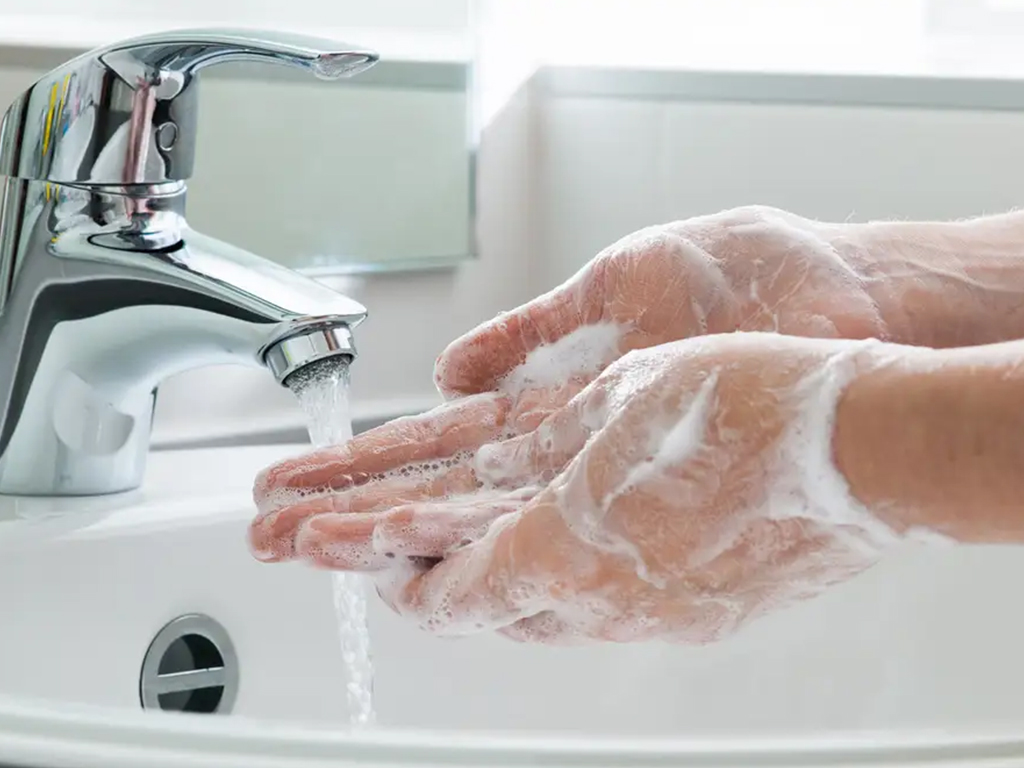Could slums become haven for COVID-19 spread?

The first line of defense against COVID-19 is to prevent its spread and ‘flattening the curve’ for a controlled pressure on the healthcare systems, and the two keyways to do that as recommended by WHO are social distancing measures and frequent handwashing. Governments across the world have been reiterating this message and implementing quarantine, isolation and lockdown measures to limit the spread of the virus.
Similar measures are adopted at home and in the region as the number of infections continue to escalate on a daily basis. What is unfortunate is that many countries like Pakistan have severe gaps in this first line of defense, increasing their vulnerability to the infection many times.
Washing hands with ‘clean water and soap several times a day’ to prevent the spread of COVID-19 and ‘practicing social distancing’ are the two interrelated gaps that could severely impede how developing and populous countries such as Pakistan fight coronavirus.
These developing and low-income countries have flimsy and insufficient healthcare facilities, a good chunk of population living below the poverty line and an astounding number of workers in the informal, daily wage sector. Implementing social distancing in letter and spirit is easier said than done; from how the virus is soaring, it is clear that the epicenters are the highly populated urban cities as now the community spread of the disease has begun. As the virus spreads, a new concern for Pakistan should be how will it spread or is already spreading and affecting people living in congested low-income areas commonly referred to as slums. While there is no study so far showing how COVID-19 is spreading in impoverished low-income densely populated areas, studies show that slums are potential havens for the viruses like diarrhea and pneumonia – two leading causes of child mortality under five years.
Maintaining the desirable distance to control the spread of the contagious virus is near impossible for people living in one-room quarters with limited access to clean water, let alone the use of disinfectants and sanitizers. Over a quarter of the world population reside in slum areas. The average household size in Pakistan is between 6-7 persons, and is higher for urban areas than rural. In Karachi alone, over 60 percent of the population live in slums and there are instances where the number of people living in one-room informal structures is higher than 10.
Furthermore, lack of clean water for washing hands spawn infection escalation. Piped water and soap is a luxury for many, particularly those living in slum areas and informal settlements. And those that do have access are paying hefty amount for buying water for subsistence. The percentage of the population with handwashing facilities in South Asia ranges from only 35 to 60 percent, which is petrifying.
UN-Habitat, the agency working on achieving sustainable cities has stressed that the governments should provide all means to these informal overcrowded settlements with continuous access to sufficient water be it the cut in water bills or collaborating with local governments, civil society and community leaders in various parts of the world. UN agencies, and other entities are providing emergency safe drinking water and handwashing facilities in key locations in informal settlements and high-density public places. However, such efforts are still to be seen in Pakistan where over 45 percent of the urban population lives in slums.
Researchers and experts are dreading that countries in South Asia particularly India and Pakistan are less than a month away from a potentially unmanageable number of cases and deaths. Could slums and low income areas of the country potentially become the hotspots of coronavirus for unrestrained community spread? Yes, because COVID-19 spread is associated with poor hygiene and close contact both of which are near impossible to solve in a short period of time.

























Comments
Comments are closed.